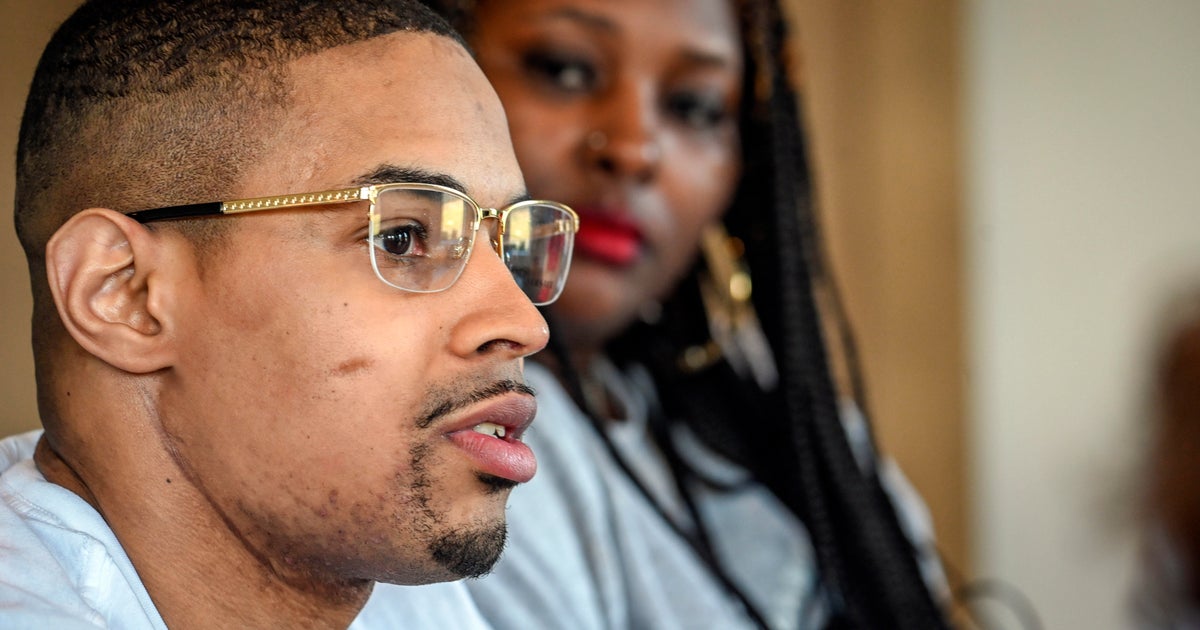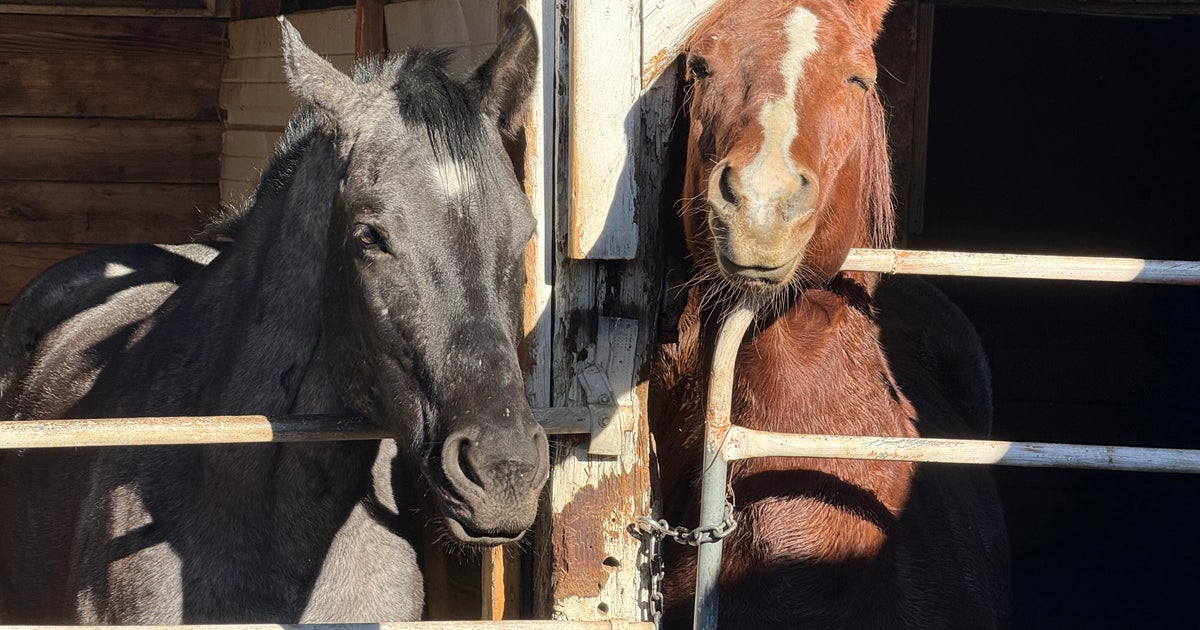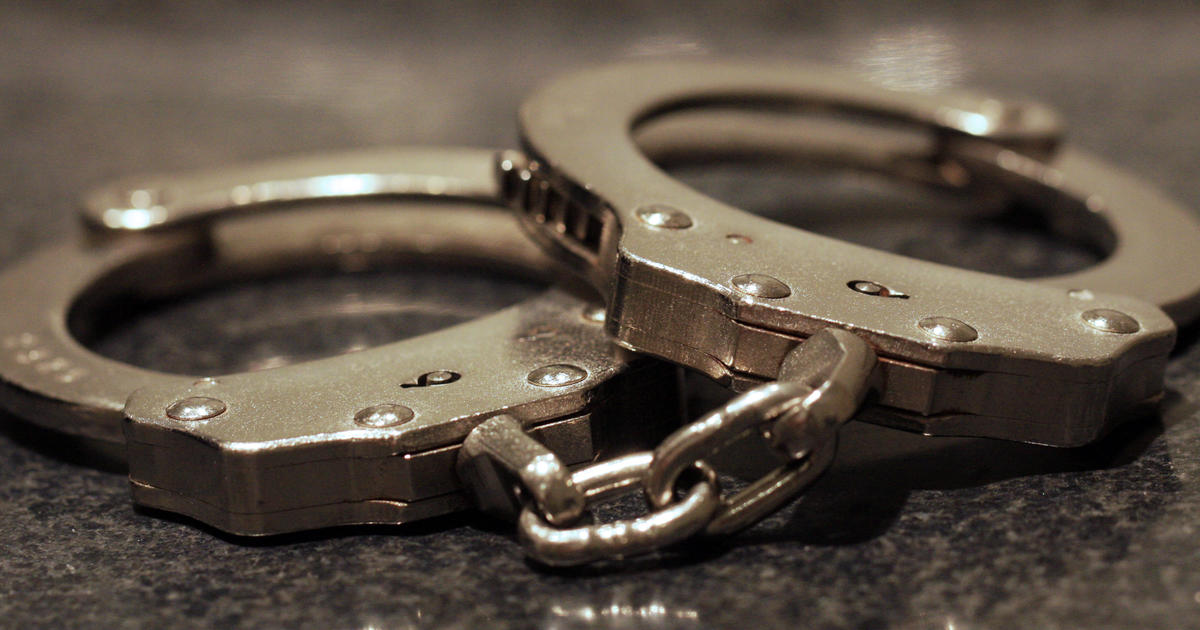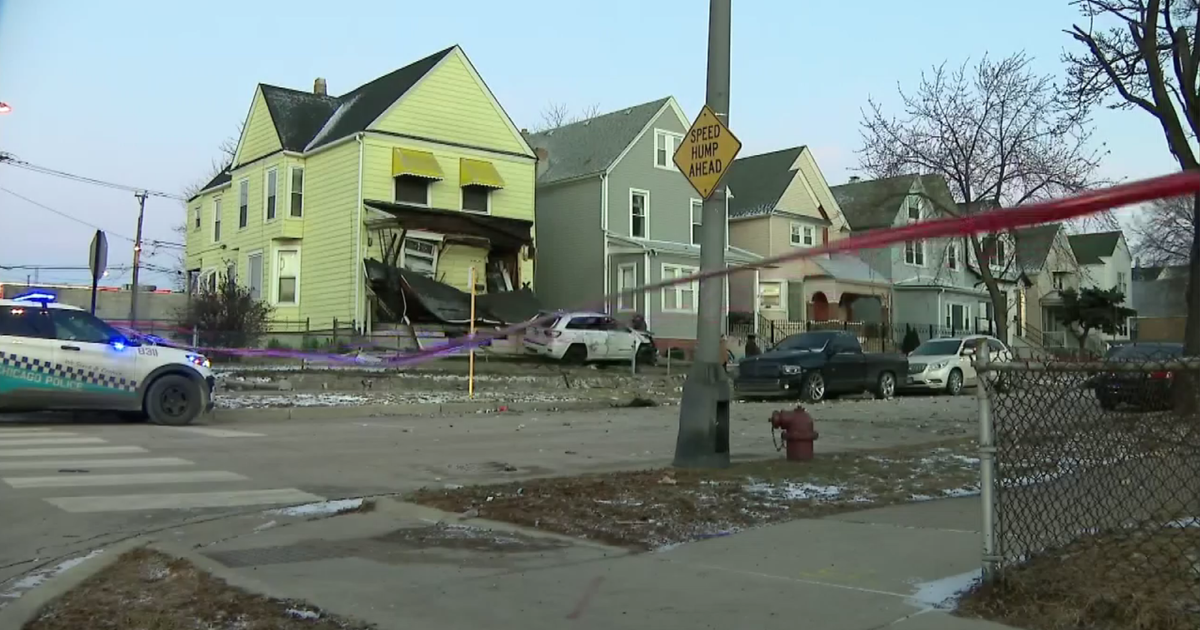Baltimore City to auction off 30 vacant houses in September
BALTIMORE -- The Housing Authority of Baltimore City has partnered with the Ashland Auction Group to sell 30 of its vacant properties, according to city officials.
People will be able to bid on the properties via online auction sites throughout September, city officials said.
The vacant properties vary from single-family dwellings to row homes with multiple living spaces, according to city officials
Anyone who wants to bid on the vacant properties needs to pre-register for the auction, city officials said.
The winning bidder will be required to make an initial deposit, which will be an amount specified within the terms of the sale, according to city officials.
People will be able to bid on multiple properties at one time via a Good Faith Authorization Charge, city officials said.
A Good Faith Authorization Charge does not go towards the purchase of the property. It is merely a hold on a debit card or credit card that allows the auction group to validate the account of a bidder, according to the Ashland Auction Group's website.
The charge for participating in these particular auctions will be $2,000, according to the website.
The vacant properties on the auction block can be found in several communities. These communities include John Hopkins, Gwynns Falls Park, and neighborhoods in East and West Baltimore, according to city officials.
"The properties selected for auction are located within vibrant neighborhoods known for their sense of community and public amenities," Janet Abrahams, HABC's President and CEO, said. "We want individuals to find a property they can convert into a home and join a welcoming community that suits their lifestyle."
The problems associated with vacant houses have plagued Baltimore for decades. The city has nearly 14,000 vacant houses—the lowest number in decades—down over 700 within the past year.
In January 2022, a deadly fire at a vacant house in the 200 block of South Stricker Street killed three firefighters.
City officials launched several initiatives to reduce the number of vacant following the fatal fire, including the Tax Sale Exemption program, an Environmental Design pilot program, and they made a $15 million investment in Clean Corps to combat the vacant housing crisis.







